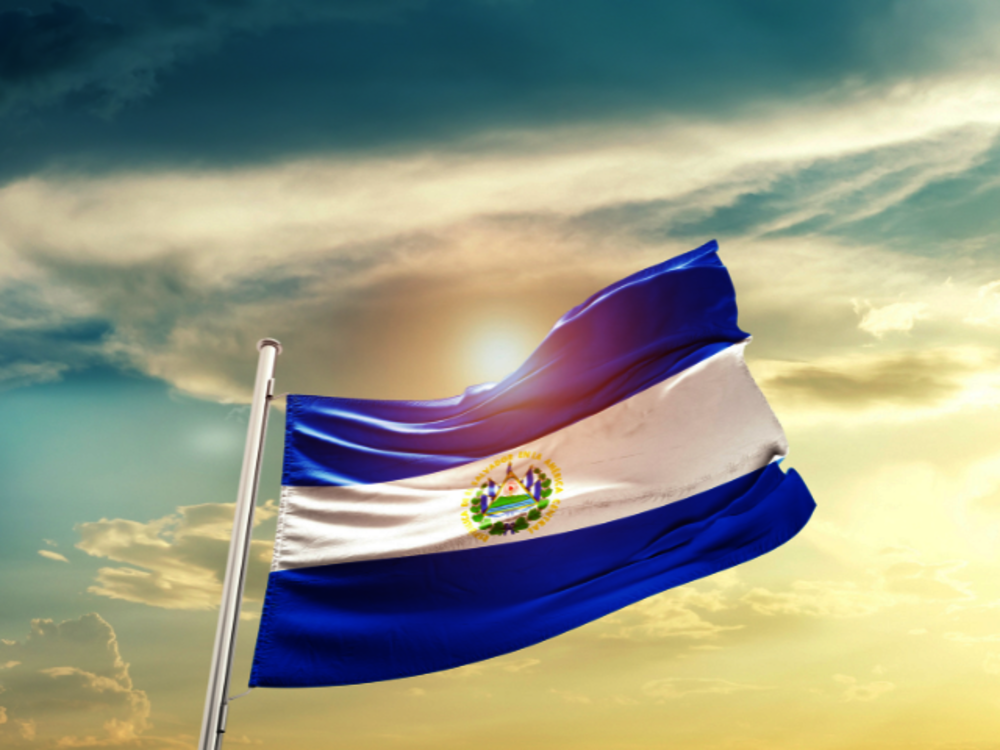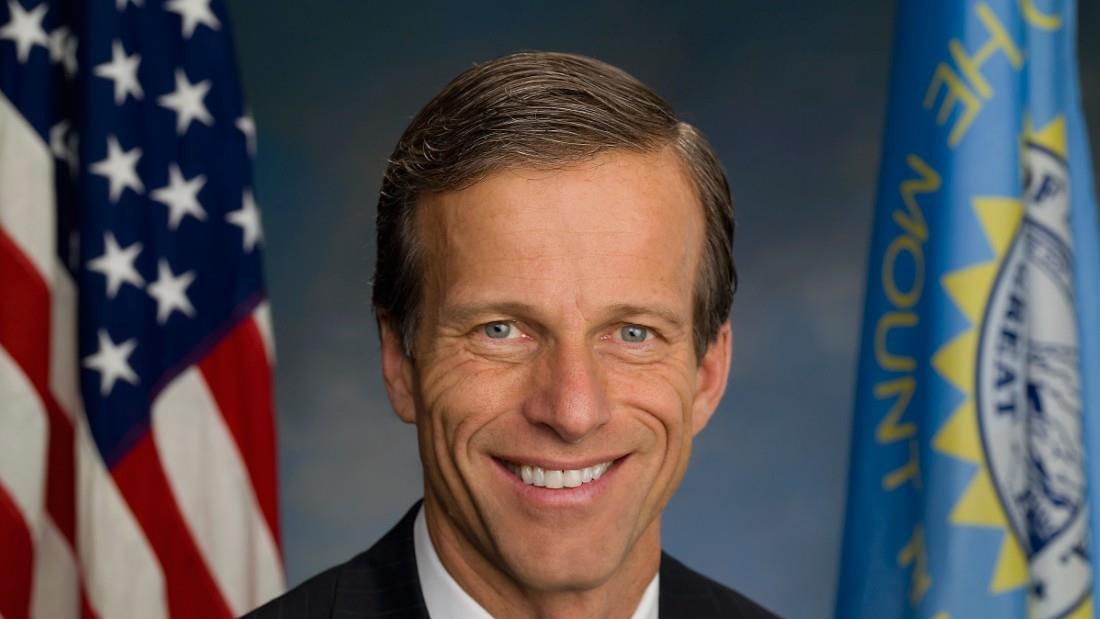
El Salvador, the smallest country in Central America, has recently gained international attention for its bold political and economic decisions. From adopting Bitcoin as legal tender to tackling crime through innovative methods, El Salvador is undergoing a period of significant change. In this article, we will explore the latest news and developments in El Salvador, examining the implications for its citizens and the broader global community.
El Salvador’s Bold Moves: A Closer Look at the Latest News
Bitcoin and Economic Transformation
One of the most discussed aspects of El Salvador’s recent news cycle has been its decision to adopt Bitcoin as legal tender. This groundbreaking move has positioned the country as a pioneer in cryptocurrency adoption.
The Bitcoin Law
In September 2021, El Salvador became the first country in the world to officially adopt Bitcoin as a form of legal currency, alongside the US dollar. This decision aimed to increase financial inclusion for the unbanked population, attract foreign investment, and enhance the country’s economic standing. However, the law was met with skepticism from various sectors, including financial analysts and local citizens who were concerned about the volatility of cryptocurrency.
Current Developments
As of October 2024, the impact of Bitcoin on El Salvador’s economy is still a hot topic. The government, led by President Nayib Bukele, has reported significant investments in Bitcoin infrastructure, including the establishment of “Chivo” ATMs across the country. These machines allow users to buy and sell Bitcoin easily. However, the fluctuating price of Bitcoin has raised questions about the sustainability of this economic model.
To explore more about how cryptocurrencies are influencing economies, visit Newsify.
Security and Crime Reduction Strategies
Another critical area of focus for El Salvador is its ongoing battle against crime and gang violence. The country has one of the highest murder rates in the world, primarily due to gang-related activities. In response, the government has implemented a series of aggressive measures aimed at restoring peace and safety.
The State of Emergency
In late March 2022, President Bukele declared a state of emergency following a surge in homicides attributed to gang violence. This state of emergency has allowed the government to bypass certain constitutional rights, enabling law enforcement to conduct mass arrests and expand police powers.
Mass Arrests and Public Sentiment
As a result of these measures, over 65,000 individuals have been detained, many without formal charges. While some citizens support these actions, believing they are necessary to restore order, others have voiced concerns regarding human rights abuses and the lack of due process. International organizations, including Human Rights Watch, have criticized the government’s tactics, urging for accountability and transparency.
Community Programs and Prevention
In addition to the crackdown on gang activity, the Salvadoran government is investing in community programs aimed at providing alternatives to youth involved in gangs. These initiatives focus on education, job training, and recreational activities, intending to reduce gang recruitment and foster a sense of community.
Political Landscape and Governance
El Salvador’s political environment has been marked by significant changes and controversies. President Nayib Bukele’s administration has faced criticism for its authoritarian tendencies, particularly regarding the judiciary and legislative branches.
Judicial Reforms and Controversies
In May 2021, Bukele’s party, Nuevas Ideas, gained control over the Constitutional Court, leading to concerns about judicial independence. Critics argue that this consolidation of power undermines democracy and increases the risk of human rights violations.
International Relations and Responses
The changes in governance have not gone unnoticed internationally. The United States has expressed concerns over El Salvador’s democratic backsliding, and discussions regarding potential aid have been influenced by these developments. As a response, Bukele has sought to strengthen ties with other nations, including China, in a bid to diversify foreign investments and partnerships.
Social Issues and Human Rights
While the government’s strategies to combat crime and promote economic innovation are prominent in the news, social issues, particularly concerning human rights, remain a critical concern in El Salvador.
Women’s Rights and Gender Violence
El Salvador has one of the highest rates of femicide in the world, prompting calls for greater protection of women and comprehensive reforms to address gender-based violence. Recent protests have highlighted the urgent need for action, advocating for stronger laws and protections for women.
Activism and Public Response
Various organizations, such as La Colectiva Feminista, are mobilizing communities to demand accountability from the government. Activists argue that while the state of emergency addresses crime broadly, it must also focus on the specific needs and protections for vulnerable populations, particularly women and children.
The Impact of COVID-19
The COVID-19 pandemic has exacerbated many existing social issues in El Salvador. Health disparities, economic hardships, and educational interruptions have disproportionately affected low-income communities. The government’s response to the pandemic, including vaccination efforts, has been met with mixed reviews, highlighting the ongoing challenges in public health management.
Environmental Challenges and Climate Action
El Salvador faces significant environmental challenges, including deforestation, climate change, and vulnerability to natural disasters. As a nation prone to earthquakes and hurricanes, the effects of climate change pose a considerable risk to its population and infrastructure.
Renewable Energy Initiatives
In response to these challenges, the Salvadoran government is promoting renewable energy initiatives. These efforts aim to reduce reliance on fossil fuels and enhance energy security. Investments in solar energy and other sustainable technologies are part of a broader strategy to combat climate change and protect the environment.
Community Engagement in Environmental Protection
Grassroots organizations are also playing a crucial role in promoting environmental awareness and sustainability. Local communities are increasingly involved in reforestation projects and sustainable agriculture practices, contributing to both environmental conservation and economic resilience.
The Future of El Salvador: Opportunities and Challenges
Looking ahead, El Salvador stands at a crossroads, facing a unique set of opportunities and challenges. The ongoing economic reforms, security measures, and social initiatives will shape the nation’s trajectory in the coming years.
Economic Growth Potential
The potential for economic growth is significant, particularly with the government’s focus on attracting foreign investment through Bitcoin and other innovative technologies. However, the sustainability of this growth remains to be seen, especially given the volatile nature of cryptocurrency markets and ongoing global economic uncertainties.
Balancing Security and Human Rights
As El Salvador continues to address its security issues, finding the right balance between maintaining public safety and upholding human rights will be crucial. The government’s response to gang violence must evolve to include comprehensive approaches that address the root causes of crime while ensuring accountability and respect for civil liberties.
Strengthening Democracy
The preservation of democratic principles and human rights is vital for the future stability of El Salvador. International engagement and support will play a crucial role in encouraging democratic governance and promoting the rule of law. The Salvadoran people, empowered by civil society and grassroots movements, will continue to advocate for their rights and hold the government accountable.
Conclusion
El Salvador is a nation in transformation, navigating the complexities of economic reform, security challenges, and social issues. The recent developments highlight the resilience and determination of its people in the face of adversity. As the world watches closely, the decisions made today will shape the future of El Salvador for generations to come.









Leave a Reply